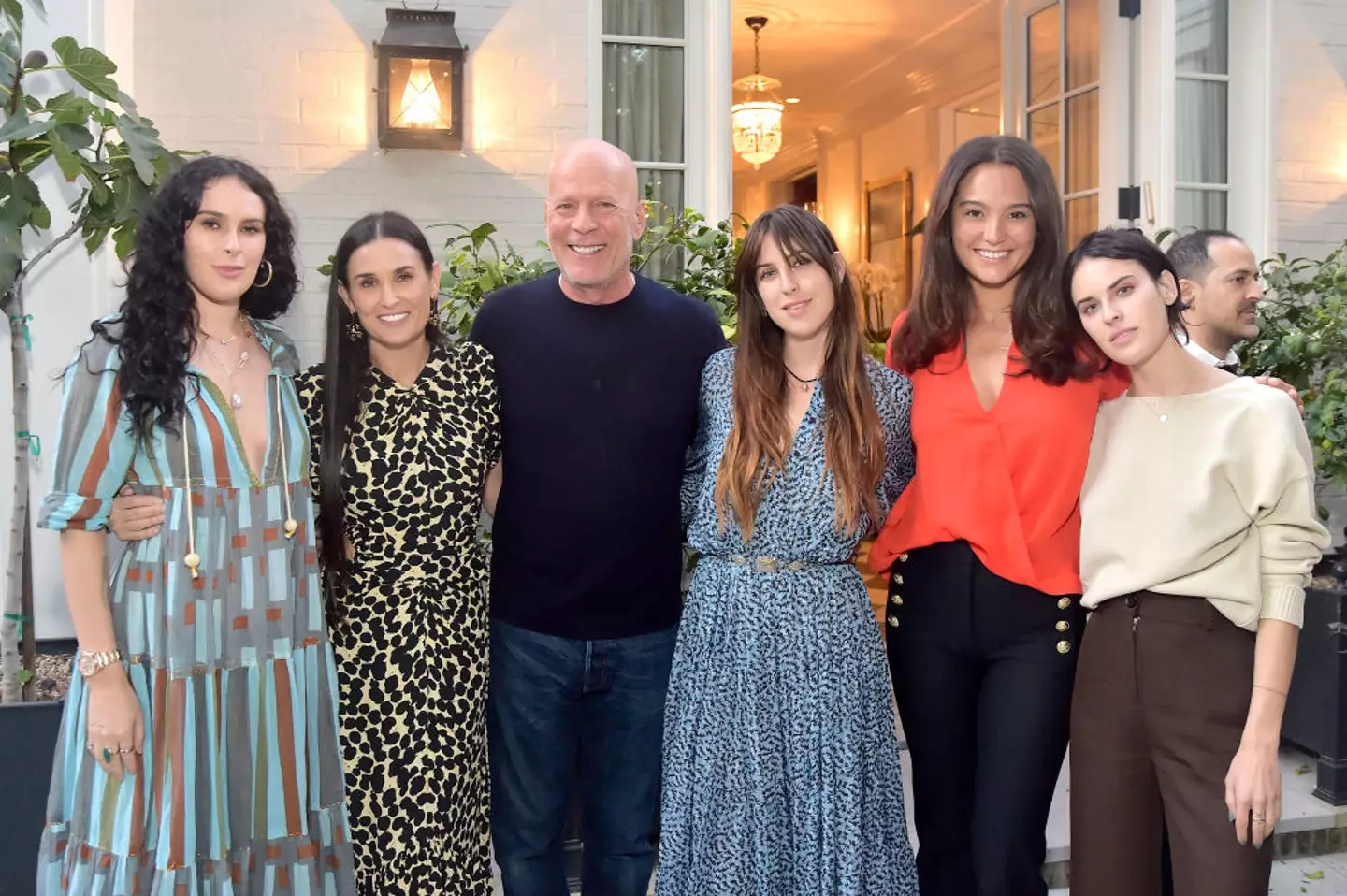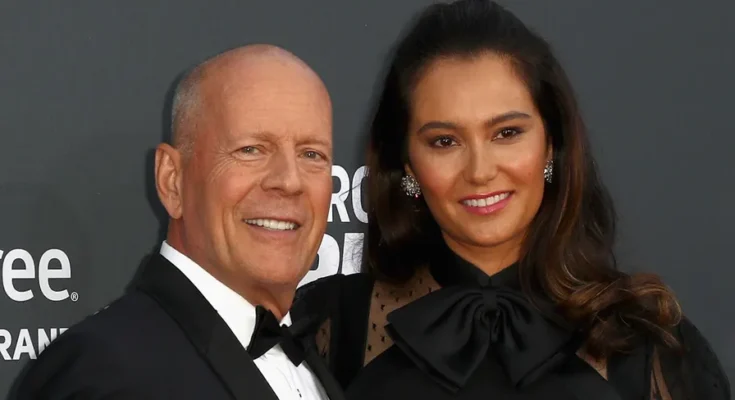LOS ANGELES — For the first time on television, Emma Heming Willis, wife of celebrated actor Bruce Willis, has spoken about the profound emotional impact of his dementia diagnosis. In a new interview with ABC News, Heming Willis revealed her heartbreaking initial reaction to the news, describing a feeling of “free-falling” as she struggled to grasp the life-altering reality of his illness. Her candid account provides a rare glimpse into the family’s private journey and serves as the foundation for her upcoming book, written to help others navigating the complex and isolating role of a caregiver.

Bruce Willis, known for iconic roles in films like the Die Hard franchise, retired from acting in 2022 due to a diagnosis of aphasia. His family announced in 2023 that his condition had progressed to frontotemporal degeneration (FTD), a progressive form of dementia that affects the frontal and temporal lobes of the brain. The disorder has no cure and no way of slowing its progression, with symptoms including changes in personality, behavior, and language difficulties.

In a trailer for her televised interview with Diane Sawyer, Heming Willis recalled the moment of diagnosis with raw emotion, stating, “I was so panicked and I just remember hearing it and not hearing anything else.” This sense of powerlessness and grief, she says, consumed her in the early stages of her new role as a care partner.
On her website, Heming Willis explains that her experience inspired her to write a book titled The Unexpected Journey. She details the deep isolation she felt while grappling with a loss of the life she knew, all while raising her two young daughters with Willis, ages 11 and 13.
The family’s decision to go public with the diagnosis was driven by a desire to reduce the stigma surrounding dementia and to connect with others in similar situations. Heming Willis now advocates for caregivers, expressing a wish that she had “asked for help sooner.” She credits finding the right resources and a supportive community for helping her to find a renewed sense of hope and joy amid the challenges. Her book aims to provide that same lifeline to other families, offering a compassionate guide for those who feel consumed by a similarly devastating diagnosis.



